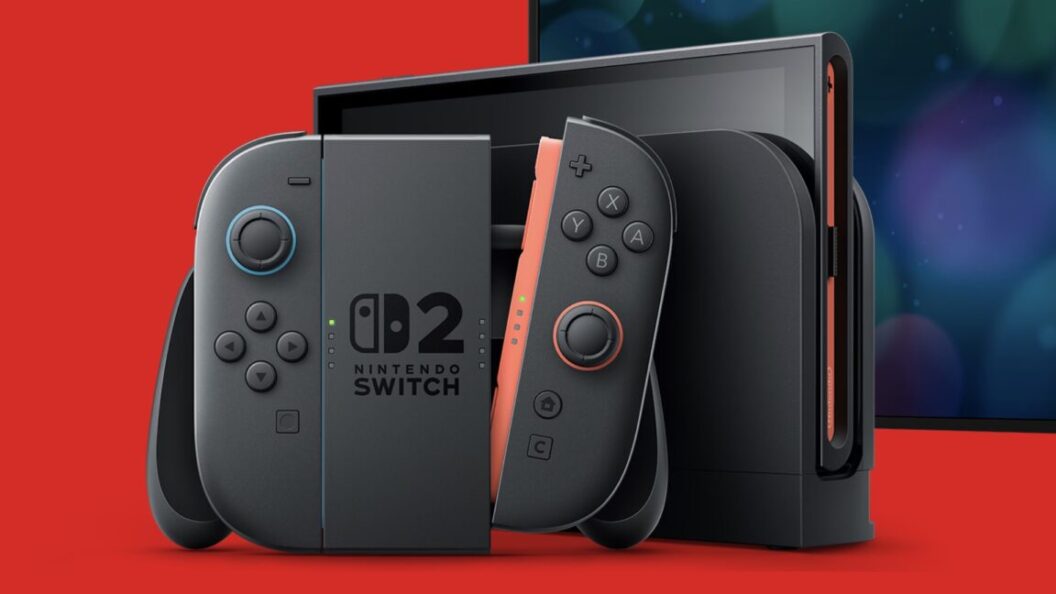Nintendo’s Switch 2: Compatibility and Launch Insights
As anticipation builds for the release of Nintendo’s latest console, the Switch 2, the company has provided updates regarding backward compatibility with existing Switch games. Pre-launch testing has revealed promising results, though some concerns remain regarding certain third-party titles.
Backward Compatibility Testing Results
With just one week until launch, Nintendo announced significant progress in its compatibility testing, having evaluated over 15,000 third-party Switch games. According to the company, approximately two-thirds of these games are either problem-free or will have issues resolved at or shortly after launch. This marks a notable improvement from earlier reports, where only 20 percent of the games underwent basic testing.
Focus on Remaining Titles
Of the remaining 5,000 titles, Nintendo has indicated that nearly all will be playable on the Switch 2, although further tests are ongoing. However, specific timelines for updates on these games remain unclear, leaving consumers eager for the latest compatibility information.
Detailed Compatibility Resources
Nintendo has also updated its compatibility support page, providing detailed PDFs that outline the status of various games. Key categories include:
- Games that won’t launch: A list of titles confirmed to have compatibility issues.
- Games that start with problems: Titles that may launch but encounter glitches during gameplay.
- Games pending fixes: Certain games that will have their issues addressed either at launch or shortly thereafter.
First-Party Titles and Accessibility
Almost all of Nintendo’s 122 first-party games are confirmed to run smoothly on the Switch 2, with the notable exception of the Labo cardboard kits, which were designed specifically for the original model. Some titles that leverage unique features of the original Switch Joy-Cons may require additional peripherals for optimal functionality.
Significance and Future Outlook
The positive early reports on compatibility indicate Nintendo’s commitment to supporting its existing user base through the transition to a new console. Backward compatibility is a significant factor for gamers, as it allows for a smoother transition and continued enjoyment of previously purchased titles.
However, the unresolved status of certain third-party games keeps the conversation alive around potential challenges at launch. As both players and developers await further clarity, the true impact of these compatibility assurances will unfold in the weeks following the Switch 2’s debut.
With a dedicated community and a robust library of games, the Switch 2 aims not only to retain existing players but also to attract newcomers, marking a pivotal moment in Nintendo’s gaming legacy. The ongoing support and updates from the company will be crucial as it navigates the complexities of game compatibility in an increasingly competitive market.









